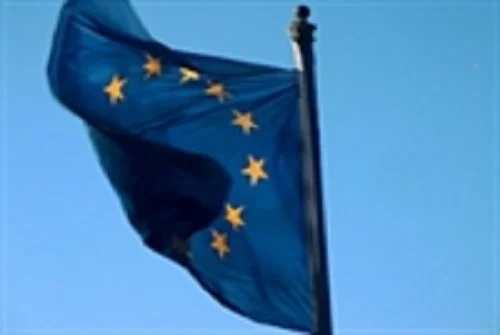European firms welcome agreement on EMIR 3.0 active accounts
29th February, 2024|Luke Jeffs

Speaking at the Eurex conference in Frankfurt on Thursday, Gaspard Bonin. Deputy Global Head of Derivatives Execution & Clearing at BNP Paribas, expressed relief that an agreement was reached on February 7
Two of Europe’s largest financial institutions have welcomed the agreement that requires European firms to clear some of their trades in Europe, suggesting the latest agreement is a compromise between the needs of regulators and market participants.
Speaking at the Eurex conference in Frankfurt on Thursday, Gaspard Bonin. Deputy Global Head of Derivatives Execution & Clearing at BNP Paribas, expressed relief that an agreement was reached on February 7.
He told the conference: “Today we have a text. Are we happy with it? I would say we are not unhappy. What is interesting is that, even though the text is fairly recent, we have seen some reactions from the various stakeholders and nobody is extremely happy but nobody is horrified either so it’s a balanced compromise, which is the best outcome we could have hoped for.”
The agreement, known as EMIR 3.0, reached earlier this month mandates that firms have an active account at a European central counterparty (CCP) and some firms have to clear a number of trades in certain derivatives with a European clearer, a shift from earlier proposals that would have mandated a percentage being cleared in Europe.
Bonin said: “The main fear was impacting the level playing field and the competitiveness of market participants in the EU and we think the text as it is addresses those concerns, and is not too negative in that regard.”
Niels Brab, chief regulatory officer and head of group regulatory strategy at Deutsche Boerse, said: “As Deutsche Boerse and Eurex Clearing, we have always taken a market-led approach and the agreement on EMIR 3.0 is philosophically leaning on that discussion. Beyond the active account discussion, there are a lot of good elements that will help strengthen the eco-system on the continent in relation to the clearing universe."
Scott O’Malia, chief executive of ISDA, the trade body that opposed a tough interpretation of the active account plan, told the delegation: “There are some big wins in this. There is the streamlined process for permitting new products under CCPs, which should make European clearing more attractive. There is the equity options permanent exemption which aligns better globally and I think will make this market more competitive.”
O’Malia added: “We think this proposal on active accounts is the most operationally efficient and clear process forward, especially considering some of the option that were discussed over the years.”
The ISDA chief concluded: “There are still some things that need to be unpacked a little bit but overall I think we’re all glad to be able to move on with some clarity in the market.”
Robertson said: “We do have an active account. Let’s be honest, it is not the active account the Commission set out in its original proposal. That’s the right of the co-legislators to come forward with their own ideas.”
She added: “We have an active account. As the commissioner described yesterday, it is seen as a bit light, but it is an important first step. ESMA (European Securities and Markets Authority) will have to review the impact in a pretty right timeframe so whether it has the intended effect or not is very much in the hands of the market.”


